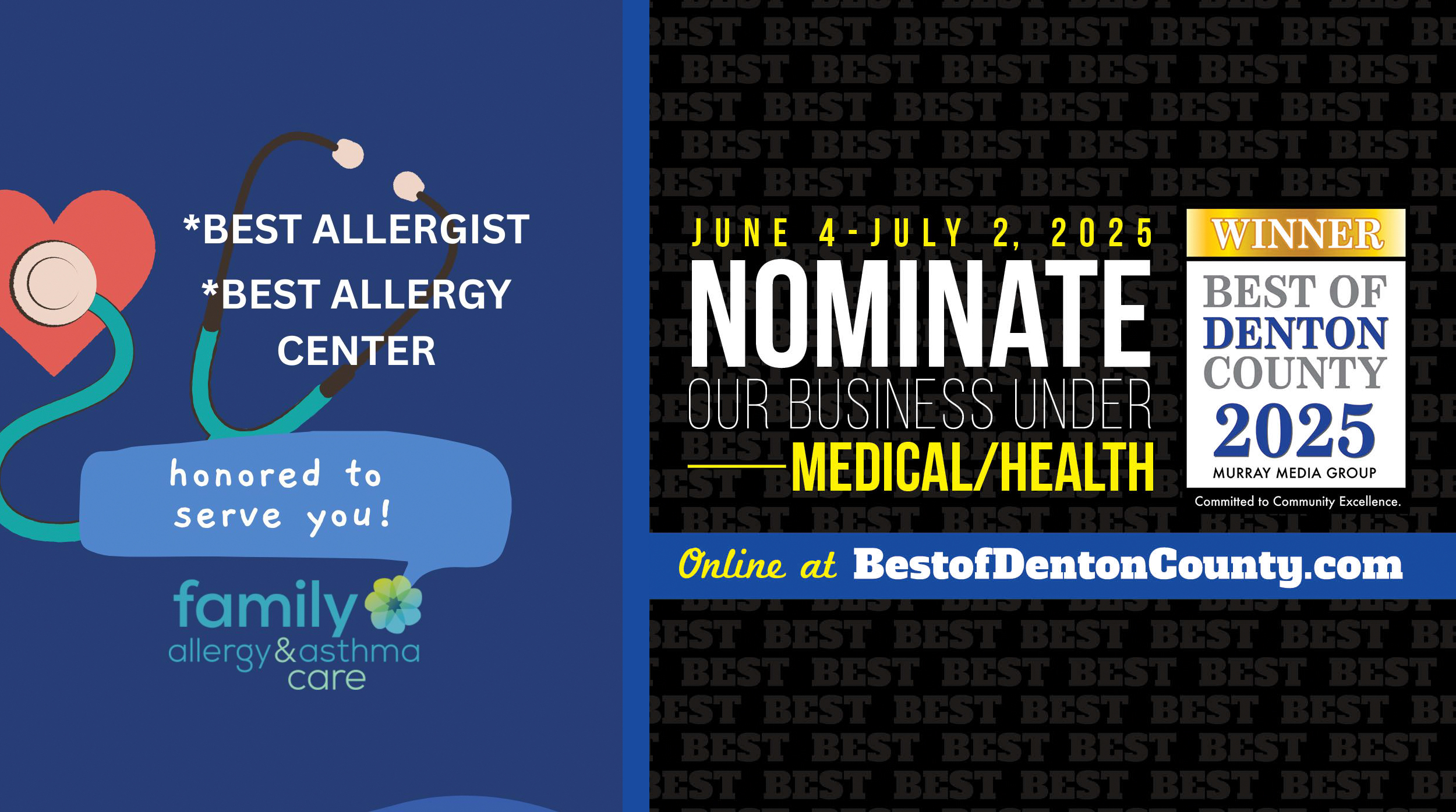
Best Of Denton County Nominations 2025
Best Of Denton County is your ultimate guide to discovering and celebrating the very best that Denton County, Texas has to offer! Family Allergy & Asthma Care board-certified allergists and

We’ve brought peace of mind to families for over 25 years. Because we’re board-certified experts in our field, we know it’s important to track pollen counts and keep up with the latest developments in allergy research. Our blog is full of insights from our family, to yours.

Best Of Denton County is your ultimate guide to discovering and celebrating the very best that Denton County, Texas has to offer! Family Allergy & Asthma Care board-certified allergists and
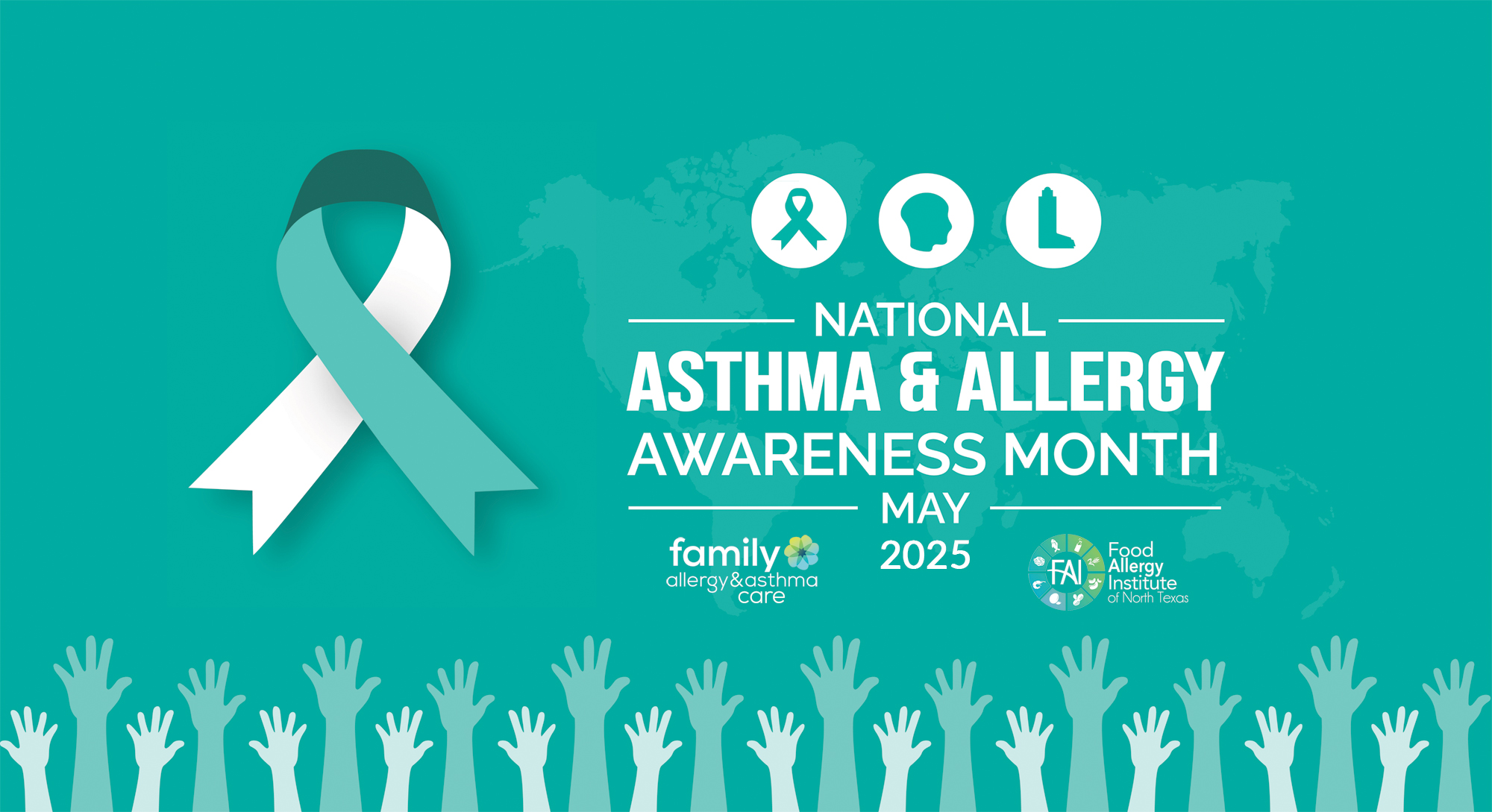
Since 1984, the Asthma and Allergy Foundation of America (AAFA) has designated May to be National Asthma and Allergy Awareness Month. We observe this special time of the year to
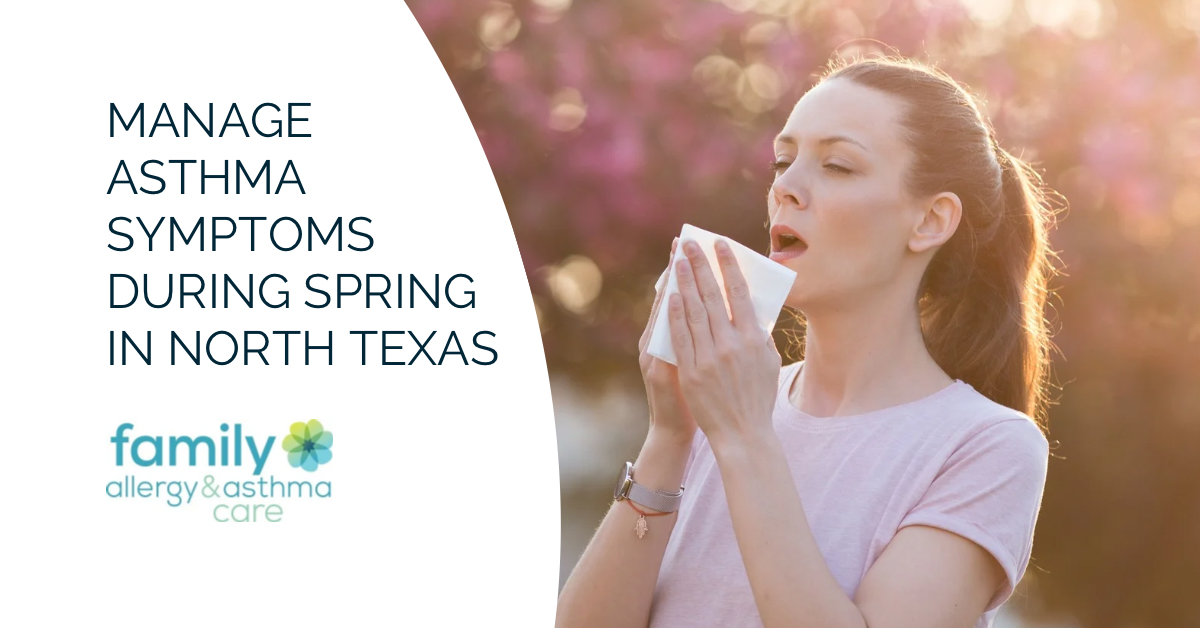
Spring in North Texas is a beautiful time of year, with the wildflowers in full bloom, the weather warming up, and outdoor activities in full swing. However, for many residents,
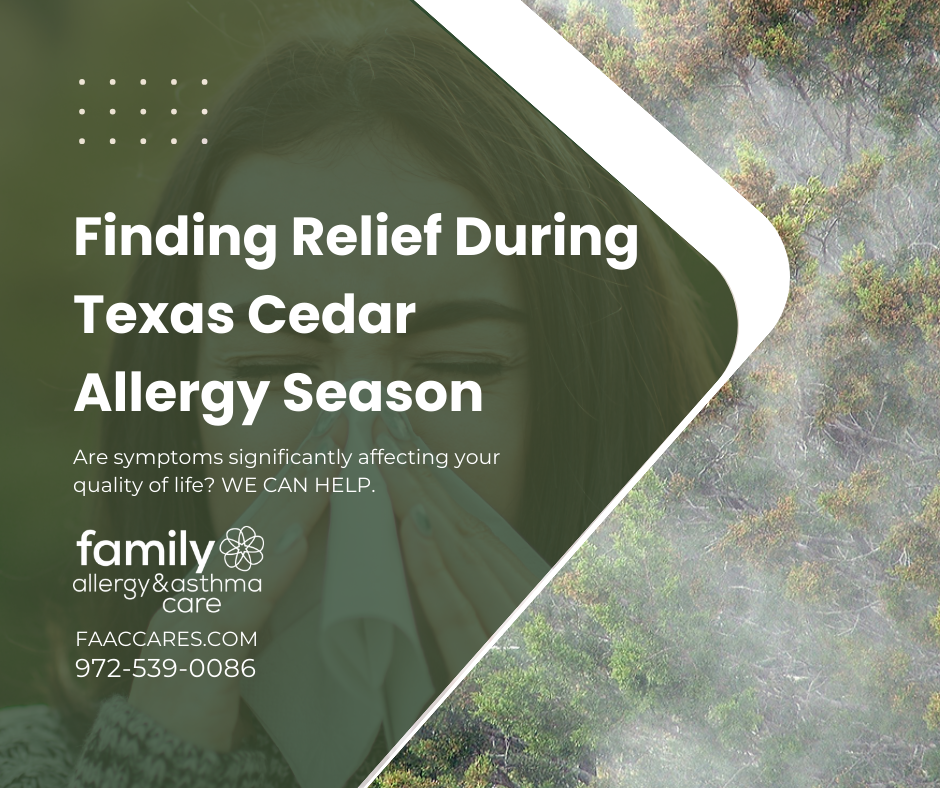
If you live in North Texas, you may be all too familiar with the misery that cedar allergy season brings each year. Often referred to as “cedar fever,” this seasonal

As the temperatures drop, eczema flare-ups often rise! Cold air, low humidity, and indoor heating can dry out your skin, making it more prone to irritation. But don’t worry—here are
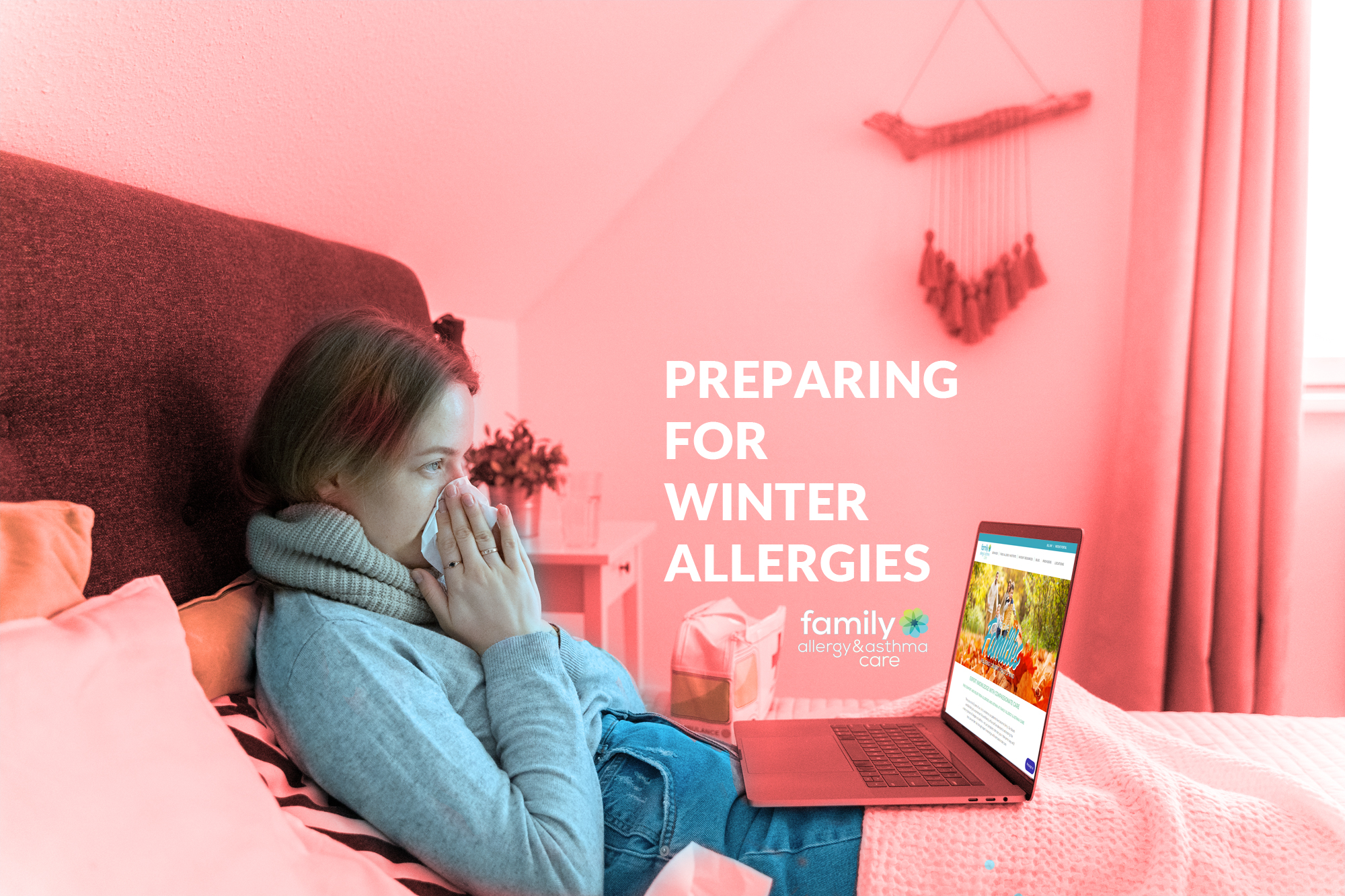
Winter can be a challenging season for allergy sufferers Unlike spring and summer with blooming flowers or pollen-filled air, allergens such as dust mites, mold, and pet dander thrive indoors
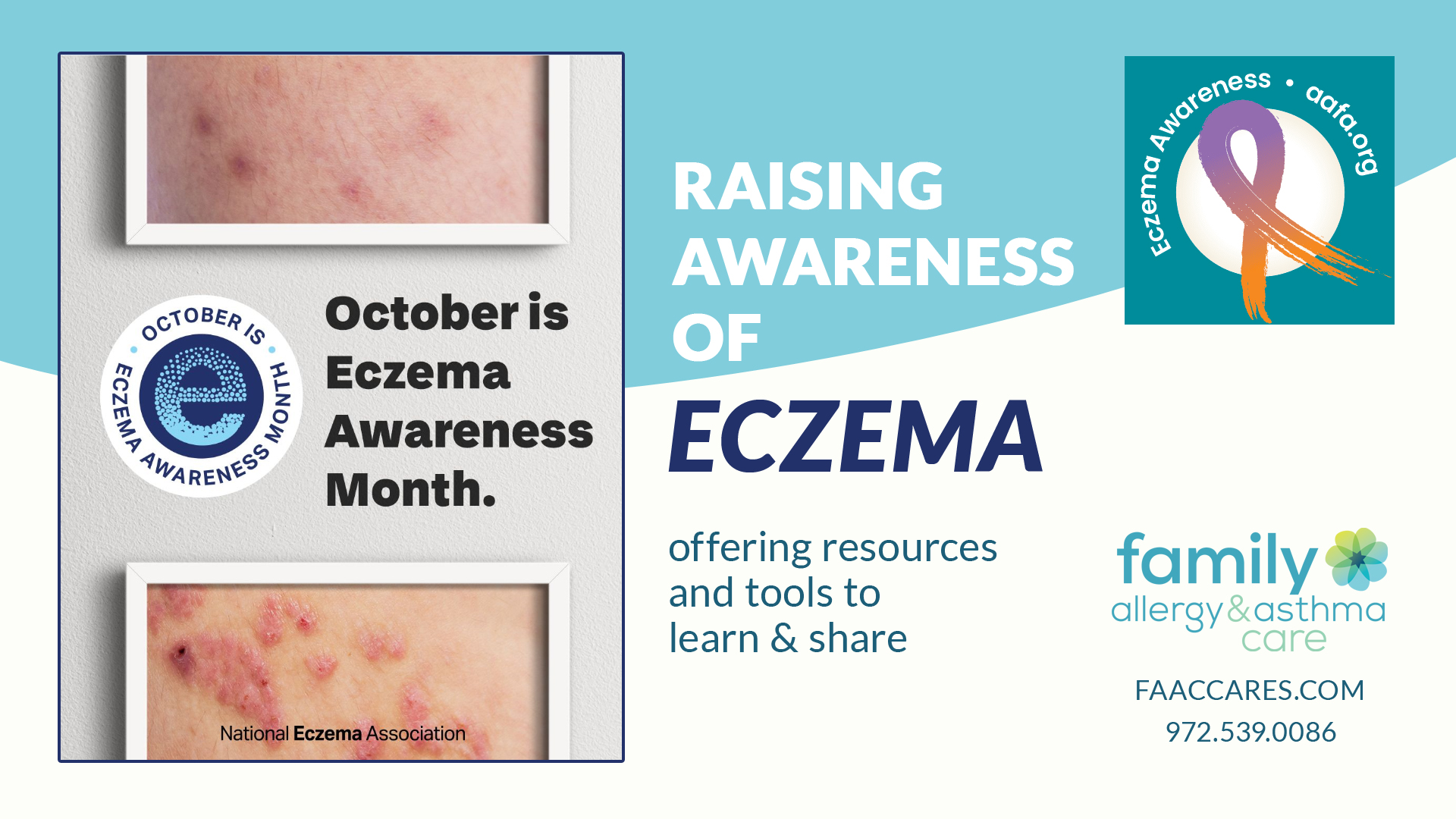
October is Eczema Awareness Month! During this special time of the year organizations, doctors and the healthcare community collaborate to bring greater attention to the impact this skin disease has

Today is World Lung Day (WLD). On this day, local, regional and international organizations join together to create awareness of chronic respiratory diseases like asthma and COPD which impact nearly
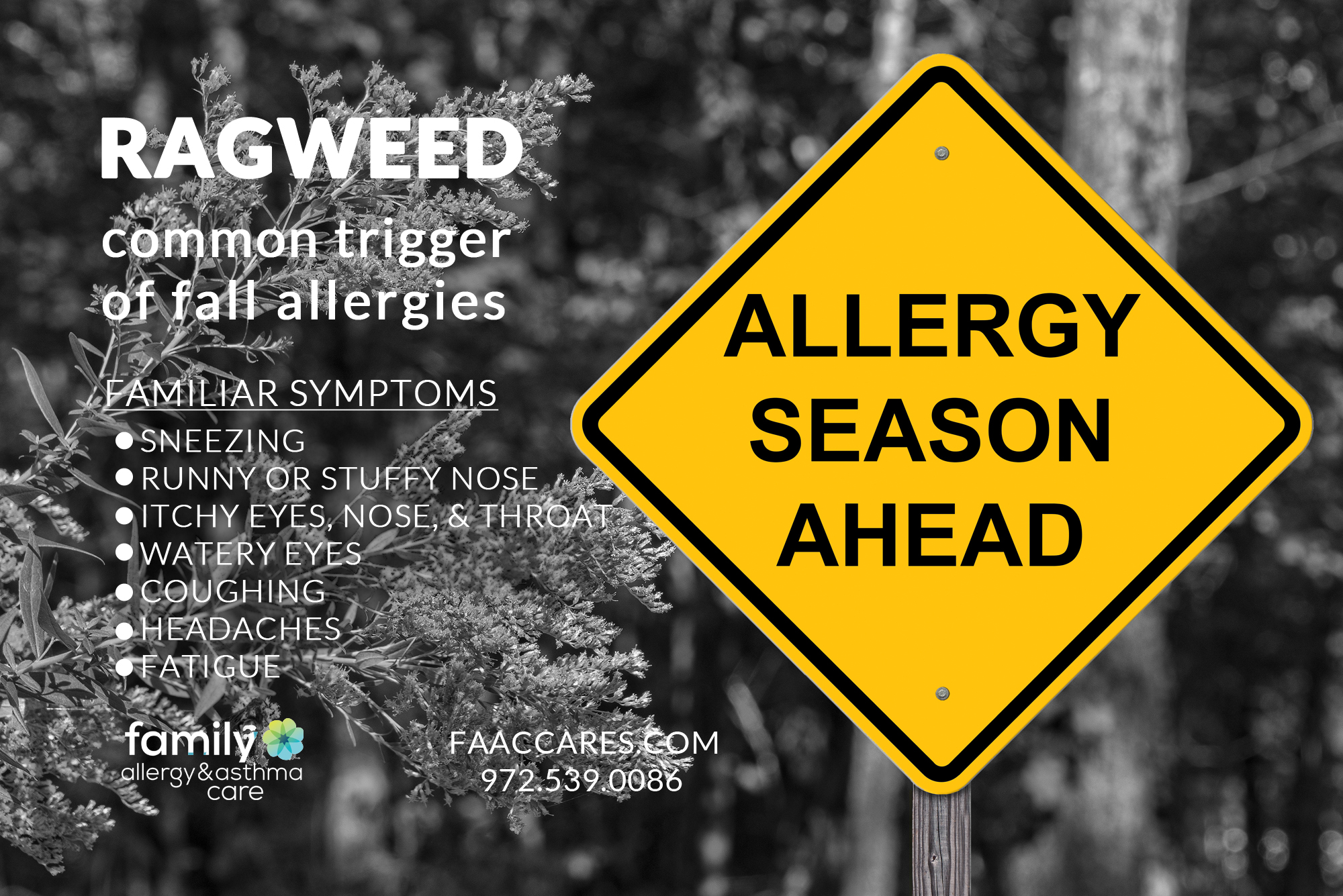
If you suffer from seasonal allergies in North Texas, autumn can be a challenging time, thanks largely to ragweed. Ragweed is the most common trigger of fall allergies, and is
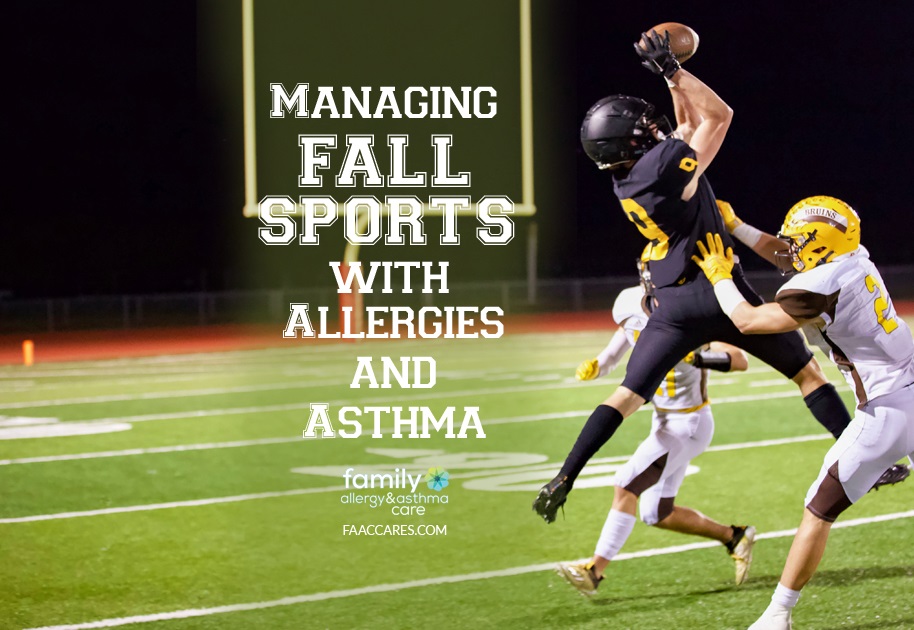
As the vibrant colors of fall take over, it’s the perfect season to engage in outdoor sports like football, soccer, cross-country, and more. However, for those with allergies and asthma,
Receive our board-certified doctor-approved periodic news, tips and articles.